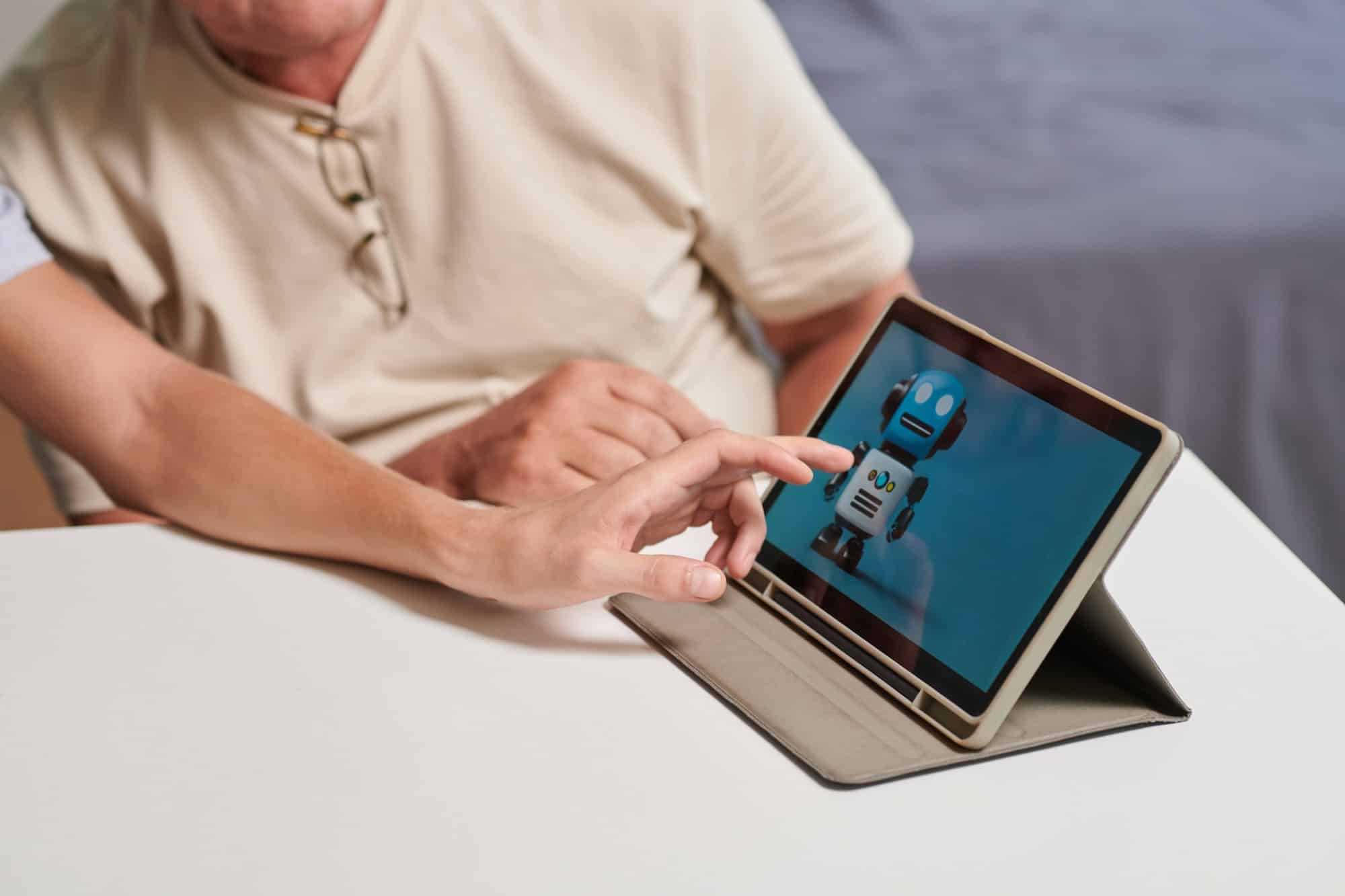Nowadays, chatbots are encouraging technologies that contribute to the transformation of the health sector. These are conversational virtual assistants powered by artificial intelligence to open up new opportunities for improving access to care, the efficiency of health services and the patient experience. This guide offers you the various use cases of chatbots in the healthcare field as well as their impact on healthcare professionals, patients and healthcare systems as a whole.
The principle of operation of chatbots
A chatbot is a computer program with the ability to simulate a conversation with a human user. To create a more interactive experience with an online chatbot, it is important to master the operating principle of this intelligent technology. In the healthcare sector, chatbots are integrated into mobile applications or internet platforms with the aim of interacting with patients.
Avez-vous vu cela : How Are Advances in HDR Technology Improving the Dynamic Range in TV Displays?
Chatbots are systems that use natural language processing and machine learning technologies to understand patients’ questions and requests to provide them with accurate and personalized responses.
Use of chatbots in virtual medical consultation
One of the most notable use cases for chatbots in healthcare is virtual medical consultations. Chatbots are systems that can be programmed to ask questions about medical history, symptoms, and other appropriate information. Then, they provide advice and recommendations taking into account the answers provided by the user. This approach allows patients to quickly obtain basic medical information and to know whether they need to personally consult a doctor.
Avez-vous vu cela : What are the advantages of creating your own bot ?
Using Chatbots for Patient Monitoring and Chronic Disease Management
Chatbots can also be used to monitor patients with chronic illnesses, such as asthma, high blood pressure or diabetes. Patients have the option of using chatbots to record and track their respiratory rate, symptoms, blood pressure, blood sugar, etc. Smart technology can then provide alerts for urgent situations and reminders to take medications, advice on disease management, and more.
Use of chatbots in assisting healthcare professionals
The impact of chatbots is not limited to patients. They also prove to be valuable allies for health professionals, providing valuable assistance in their daily practice.
For doctors, chatbots provide an instantly accessible source of medical information. They make it possible to quickly obtain clinical guidelines, treatment protocols and medical research results, thus facilitating clinical decision-making.
Additionally, chatbots help automate time-consuming administrative tasks, such as billing, managing electronic medical records or scheduling appointments. By freeing up valuable time for healthcare professionals, chatbots allow them to focus more on patient care and improve the quality of care.
They have established themselves as essential tools in the field of health, offering valuable assistance to both patients and professionals.
Use of chatbots in health education and awareness
In the field of health education and awareness, chatbots stand out as essential players, revolutionizing the way information is transmitted and received. They go beyond the simple role of distributors of static content to become interactive and personalized guides.
These digital assistants help provide accurate, up-to-date information on a wide range of health topics, from diseases and their treatments to preventative measures and healthy lifestyles. They answer users’ questions with clarity and simplicity, adapting their language to their level of understanding. Additionally, they offer personalized content based on the needs and interests of each individual. This promotes more relevant and effective learning.
Far from being passive, chatbots encourage engagement and interaction with users. They create captivating conversations by employing storytelling and gamification techniques, thereby capturing attention and prompting further exploration. They provide individualized assistance and support to people facing specific health concerns, helping them better understand their conditions and make informed decisions.
Using sculpins for psychological support and mental well-being
Chatbots are intelligent technologies capable of providing psychological support and mental well-being to users. They can provide resources for finding help in a crisis, empathetic listening, and advice on managing relaxation techniques, stress, and more. They can also help identify signs of emotional distress while directing users to appropriate mental health services.
In summary, sculpins offer different use cases in healthcare. They have the potential to reform health care delivery by making services more efficient, accessible and patient-centered. However, it is essential to recognize that chatbots cannot completely replace human interactions. They must be used as a complement to traditional health care.













